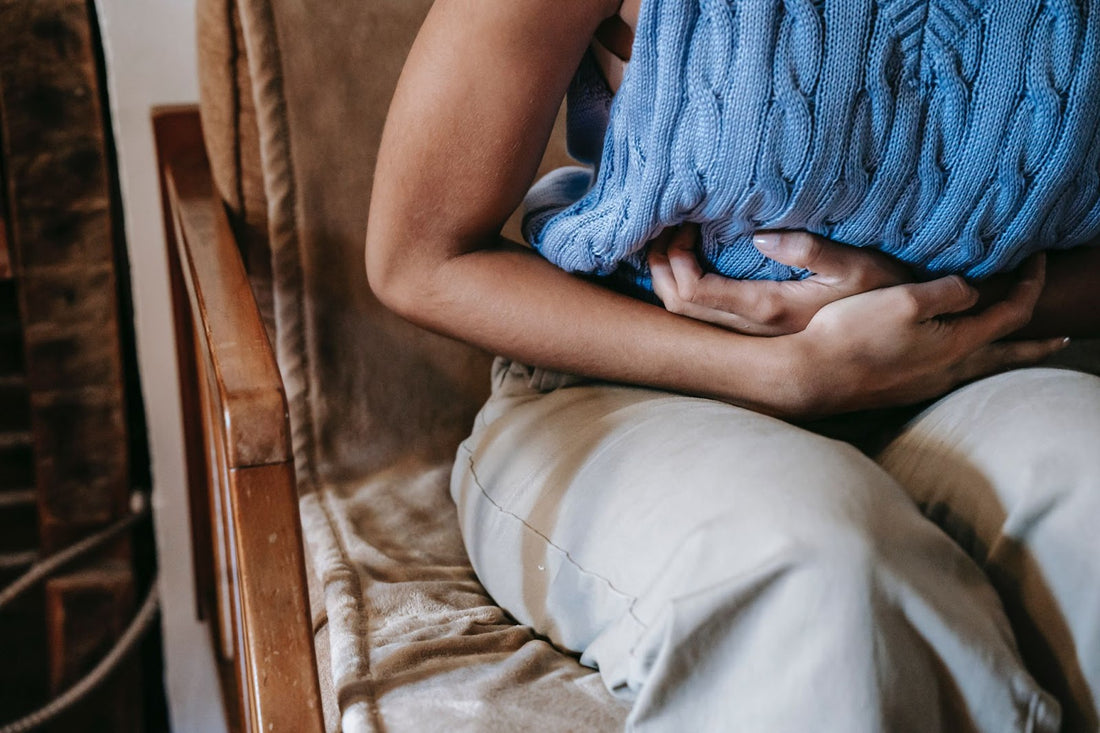Ladies, we've all been there - the cramps, the bloating, the mood swings, and let's not forget the endless cravings for chocolate. Yes, we're talking about that time of the month - our menstrual cycle. While periods are a natural and essential part of our reproductive health, they can be a nuisance to deal with. But fear not, as there are ways to make this monthly visit from Aunt Flo a little less unpleasant. So, whether you're a newbie to menstruation or a seasoned pro, let's explore some helpful tips on how to handle your period like a boss.
TIPS ON HOW TO HANDLES YOUR PERIOD
Physical symptoms like cramps and bloating can be difficult to deal with during your period. However, there are several things you can do to manage them:
Get moving: When you're on your period, it's tempting to curl up in bed and binge-watch your favorite shows. But did you know that exercising can help ease those cramps and lift your mood? It doesn't have to be anything intense – a simple walk, yoga, or a dance party in your bedroom can get your blood flowing and help you feel energized.
Heat therapy: Applying a hot water bottle or heating pad to your lower abdomen can soothe your muscles and minimize cramps. It may sound like an old-school remedy, but trust us, it works wonders. The warmth helps soothe your muscles, making those pesky cramps less bothersome.
Hydrate, hydrate, hydrate: Drinking water is crucial, especially when you're on your period. It may seem counterintuitive, but staying hydrated can actually help reduce bloating and water retention. Make sure to drink at least 8-10 glasses of water or other fluids throughout the day. Pro tip: add some lemon or cucumber slices to your water for a refreshing twist.
Eat the rainbow: We know that cravings during your period can be real. But instead of reaching for that bag of chips, try incorporating more fruits and veggies into your diet. Not only will they provide you with the necessary vitamins and minerals, but they also contain lots of water to keep you hydrated. So, load up on some carrot sticks, hummus, and fresh berries.
Ditch caffeine: We all love our daily dose of caffeine, but when you're on your period, it's best to steer clear of it. Caffeine can worsen cramps and make you feel even more bloated. So, swap that cup of coffee for some herbal tea or ginger ale – it's a much better choice.
Your menstrual cycle can also have an impact on your emotional well-being. Here are some tips for managing your mood during your period:
Self-care: Taking time for yourself to do things you enjoy, like reading a book or taking a bath, can help to reduce stress and boost your mood.
Get some shut-eye: Getting enough sleep is important, period (pun intended). During your period, your body is working harder than usual, so it's crucial to get enough rest. Aim for 8-9 hours of sleep each night, and if possible, try to sneak in a power nap during the day.
Stay connected: Staying connected with friends and loved ones can help to reduce feelings of isolation and boost your mood.
When it comes to period protection, there are so many options out there. From pads and tampons to menstrual cups and period underwear – it can be overwhelming. But finding the right product that meets your needs is essential to feeling comfortable and confident during your period. So, experiment with different products and find what works best for you. Here are some options to consider:
Pantyliners: Daily use of pantyliners can help you feel fresh and prepared before your period starts.
Pads: Pads offer great protection during your period, especially now that there are thin pads made to move with your body.
Tampons: Tampons are worn internally and are a good option for those who are active or prefer more discreet protection. Be sure to choose the lowest absorbency necessary for your flow and change it every 4-8 hours.
Tracking your period may sound tedious, but it can actually be quite helpful. By keeping track of when your period starts, how long it lasts, and any symptoms you experience, you can better prepare for your next cycle. Plus, you'll be able to identify any irregularities and bring them up with your healthcare provider.
THE BOTTOM LINE
With these tips, we hope that your period days will be a little less daunting and a lot more manageable. Remember, your period is a natural part of your life, and it shouldn't hold you back from doing what you love. By following these tips, you can manage physical symptoms, improve your emotional well-being, and find the right period protection for your needs. So, go out there and conquer the world – one period at a time!


